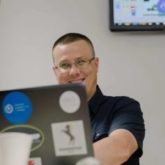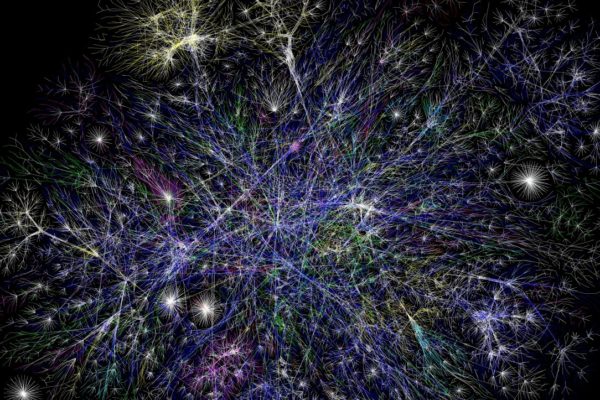The workshop is designed to provide both theoretical and hands-on experience of the new network science and rules for using network visualisation for the analysis of large data resources.
The first part of the workshop will introduce the theoretical rationale for the network, including its origin and main analytical categories. This will be followed by a presentation of network visualisation applications, both in research projects and cultural activities.
The second part of the workshop will provide a more practical approach by introducing the participants to Gephi, currently the most popular network visualisation software package, as we discuss the key points relating to Gephi’s interface and its open ‘plug-in’ structure. The participants will also learn how to format and input data into the programme. The final stage will include formatting and filtering the network as well as exporting visualisations into various graphic formats.
The workshop will conclude with the participants learning some open tools that can be used for data scrapping from websites and social networking sites and being introduced to software packages for retrieving relational data from e.g. Wikipedia, Facebook and YouTube. The data thus collected will be visualised in network form.
The workshop is designed for anyone interested in using network visualisations in their own cultural, research and exploratory activities.

dr Radosław Bomba
Media expert and digital humanist.. His specialties include media education, ludology, cyberculture, theory and practice of knowledge visualisation and new network science. He is the author of the book Gry komputerowe w perspektywie antropologii codzienności [Computer Games in the Context of Anthropology of Everyday Life] (Toruń 2014) and editor of Zwrot cyfrowy w humanistyce [A Turn Towards Digital Humanities] (Lublin 2012), a pioneering monograph on digital humanities. He also works as an editor of a number of scientific internet portals and has collaborated with a number of cultural and research institutions. He runs his own scientific blog at www.rbomba.pl.
